Research 🔬
Game Machine and Algorithm towards Trends in Game States using Machine Learning and Deep Learning
- Explored a hybrid approach combining machine learning and deep learning to analyze dynamic game states across various game genres.
- Applied Markov Chain models to model game environments and presented detailed use cases in popular games such as cricket, poker, chess, and football.
- Developed an in-depth hybrid algorithm specifically tailored for game-state analysis in chess.
PeerGauge: a Dataset for Peer Review Disagreement and Severity Gauge
- In this paper we proposed a novel dataset named as PeerGauge, to estimate the severity of contradictions among reviewers. This dataset provides a new dimension to understanding the degree of disagreement in peer review processes.
- Additionally, we also demonstrate both the practical applications and theoretical implications of the proposed dataset, including annotation agreement among the annotators using different annotation methods, which show significant agreement among the annotators.
- Finally, we present a baseline model to detect the severity of contradictions within these review pairs.
Not all peers are significant: A Dataset Exhaustive vs Trivial Scientific Peer Reviews Leveraging Chain-of-Thought Reasoning
- We propose a novel dataset InsightfulPeer designed to classify peer reviews as either Exhaustive or Trivial, aimed at assessing the depth and quality of reviewer feedback.
- We implement multiple LLM variants (Llama-3.1, GPT-4, Mixtral-8x7b, and Gemma2-9b) to perform the classification task using CoT reasoning techniques.
- We conduct both qualitative and quantitative analyses to evaluate the fairness and effectiveness of these LLM variants in executing the task.
ConsistentPeer: Reviewers Through GraphRAG-Driven Counterfactuals to Measure Consistency in Peer Review
- In this paper we proposed a novel pipeline to leverage graphs to visualize the relationships between review text, confidence score, rating and aspect categories
- Additionally, we also demonstrate both the practical applications and theoretical implications of the proposed pipeline, including the use of counterfactual reasoning to make informed decisions
- Finally, we present a complete pipeline to identify and resolve review text and it's cohesiveness with self annotated confidence score and rating.
Co-Reviewer: Are LLMs on the Same Page as Human Reviewers? An Agentic AI Framework for Evaluating Review Quality and Consensus
- Developed Co-Reviewer, an agentic AI framework of four collaborative LLM agents designed to generate, evaluate, critique, and refine academic peer reviews.
- Conducted multi-dimensional evaluations comparing LLM-generated and human reviews across informativeness, sentiment, score consistency, and alignment with editorial decisions.
- Identified key LLM limitations and proposed improvements including domain-adaptive fine-tuning, structured critique generation, and hybrid human-AI review workflows.
LEDGE : Leveraging Dependency Graphs for Enhanced Context Aware Documentation Generation
- We propose a novel approach to software documentation by leveraging GraphRAG, which integrates large language models (LLMs) with dependency graphs to generate structured, context aware documentation.
- In addition, we demonstrate both the practical applications and theoretical implications of the proposed approach, including its ability to improve software maintainability, improve knowledge transfer, and reduce the effort required for manual documentation.
- Finally, we present a comprehensive evaluation of our method on real world software projects, showcasing its effectiveness in generating more accurate, structured, and informative documentation compared to traditional approaches.


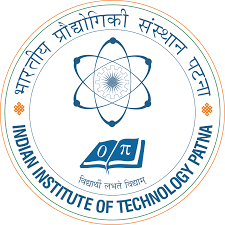



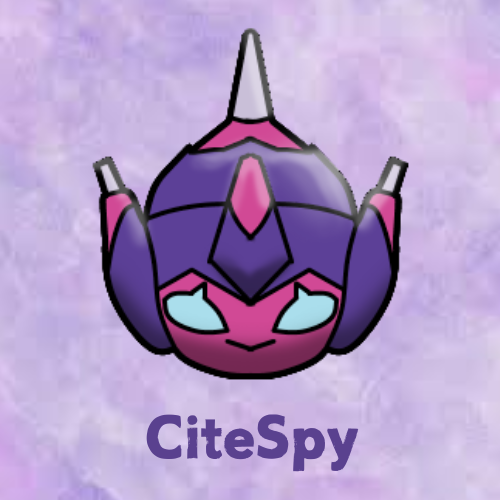
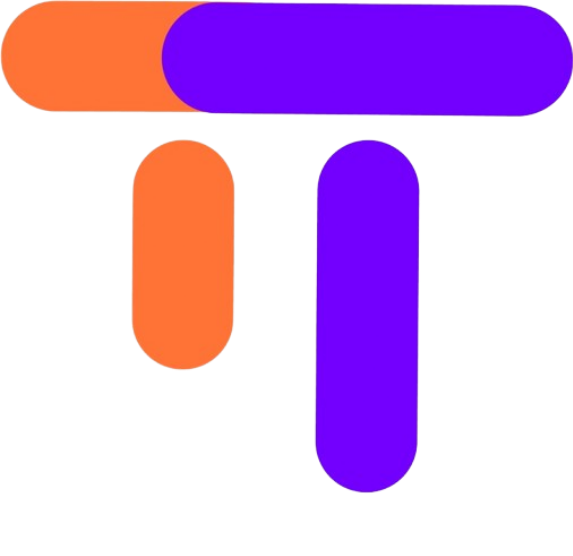


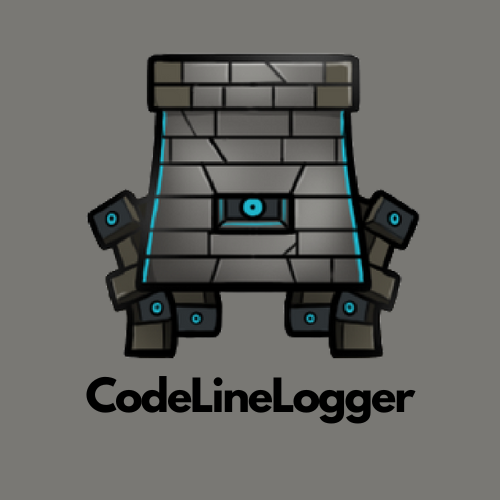
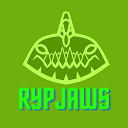
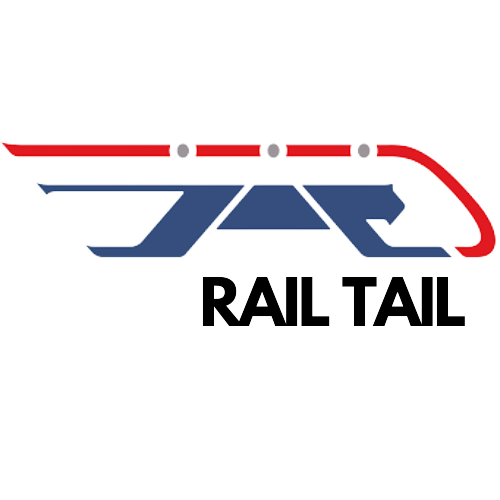


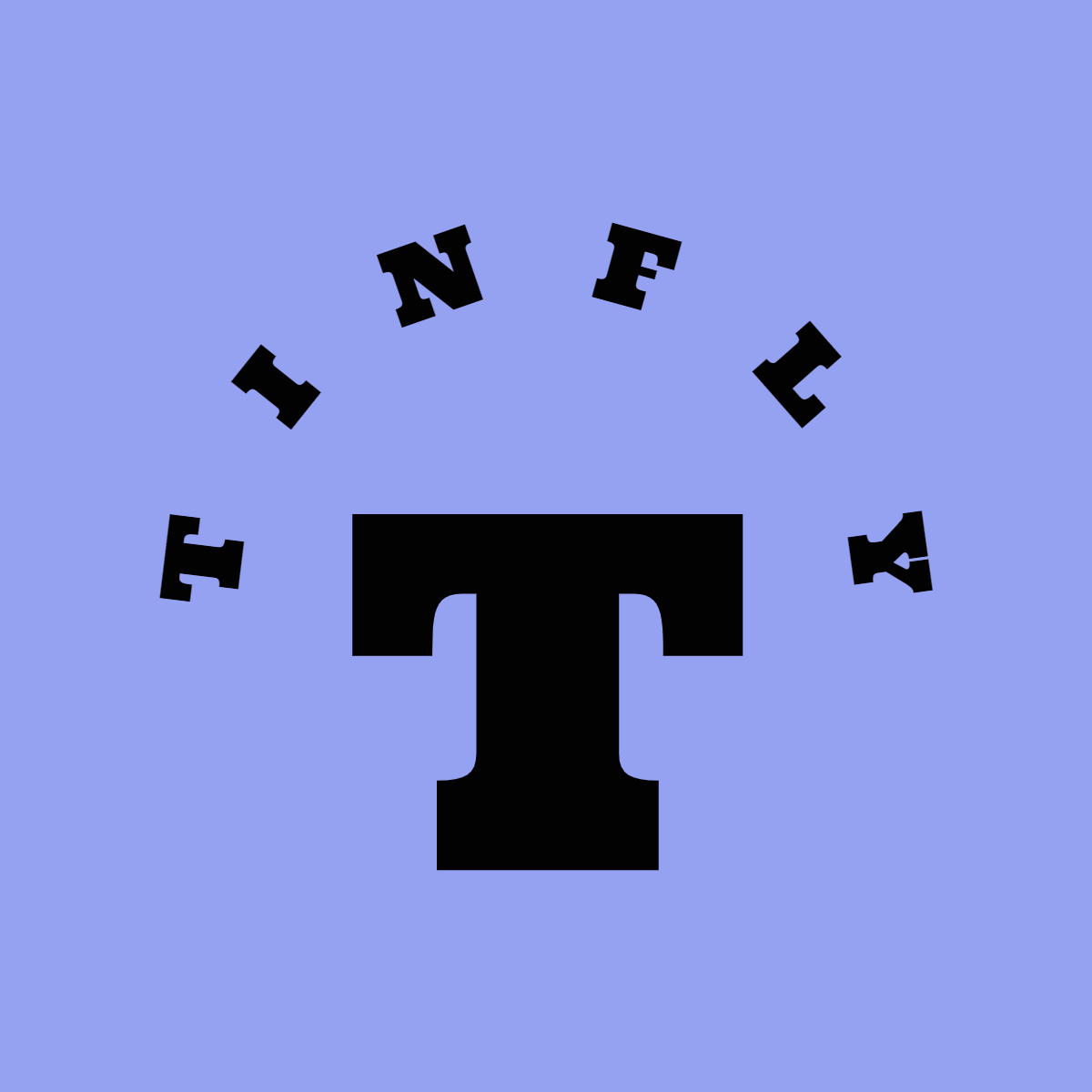

 by Mihir Panchal
by Mihir Panchal